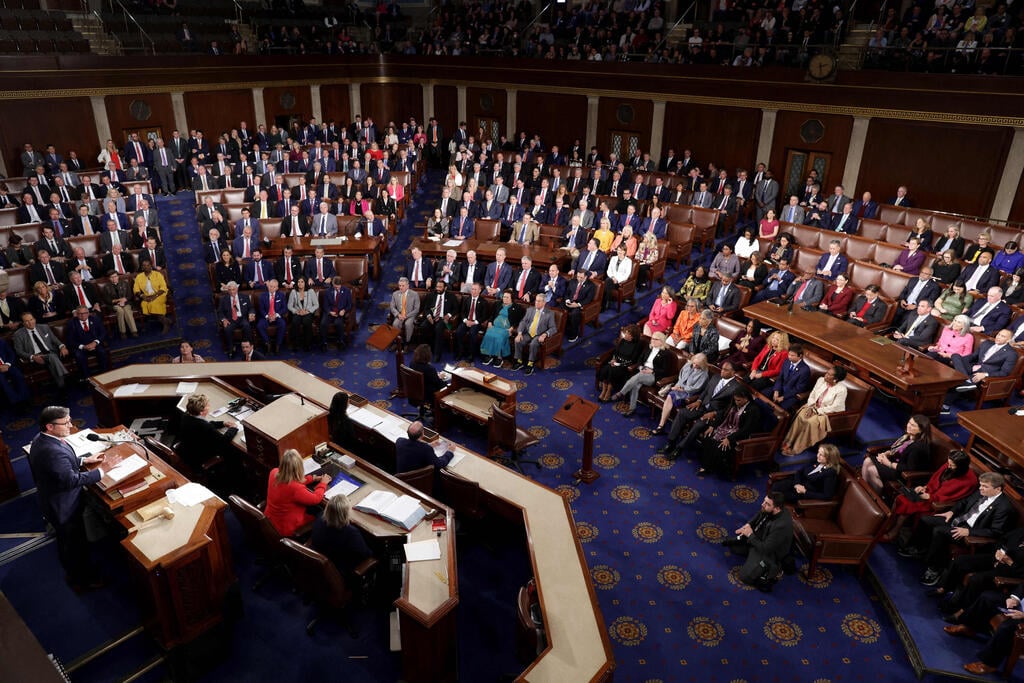The US Congress Approves Impeachment Procedure Against President Biden

Photo: Reuters
On Wednesday, the United States Congress approved the formalization of impeachment procedures against the sitting Democratic President, Joe Biden. The procedure is mainly tied to the foreign affairs controversies involving his son, a matter which Biden himself derides as an “unfounded political combination.” This event marks a pivotal moment in American politics, opening a new chapter of uncertainties and political tensions while raising questions about the future direction of the Biden administration. The impeachment process, as set forth in the United States Constitution, is a mechanism that allows the removal of a sitting president if found guilty of “high crimes and misdemeanors.” It is a two-step process involving the House of Representatives and the Senate. The House has the power to impeach, while the Senate conducts the trial that can lead to the President’s removal. The catalyst for this impeachment procedure is the controversies surrounding the President’s son and his foreign affairs, a topic that had been a contentious point throughout Biden’s presidency. Critics argue that the President’s son’s dealings could potentially have influenced U.S. foreign policy or even put at risk the country’s national security, while Biden’s supporters assert that these allegations are politically motivated.
President Biden has consistently maintained his innocence, dismissing the impeachment procedure as an “unfounded political combination.” He believes that the move is an attempt by his political opponents to undermine his presidency and distract from his administration’s policy agenda. However, the approval of the impeachment procedure signifies that a significant number of House members believe there is enough evidence to warrant a formal investigation. The implications of this impeachment procedure are far-reaching. Firstly, it poses a significant challenge to the Biden administration, potentially hindering its ability to implement its policy agenda. The impeachment process is likely to consume significant political capital and attention, leaving less room for domestic and foreign policy matters. Secondly, this development may deepen the political divide in the country. The impeachment of a president is a highly polarizing event that often inflames partisan passions. If not handled carefully, this could exacerbate the already existing divisions within the American society and make bipartisan cooperation even more challenging. Finally, the impeachment process could have significant implications for the United States’ standing on the global stage. Other nations may perceive the political instability as a sign of weakness, which could impact the U.S.’s ability to negotiate and maintain its influence internationally. Regardless of the outcome, the approval of the impeachment procedure against President Biden is a significant historical event. While it remains uncertain how this will impact Biden’s presidency and the country’s political landscape, what is certain is that the coming months will be a critical period for American democracy. The nation will watch closely as the impeachment process unfolds, bearing witness to a test of the resilience and integrity of its institutions. The impeachment procedure against President Biden marks a significant moment in American politics. The controversy surrounding the President’s son’s foreign affairs has escalated to a point of national concern, warranting an investigation by the highest legislative body in the land. As the process unfolds, the country will grapple with its implications, which could have profound effects on the future of American policy, both domestically and abroad.
By Paul Bumman

















